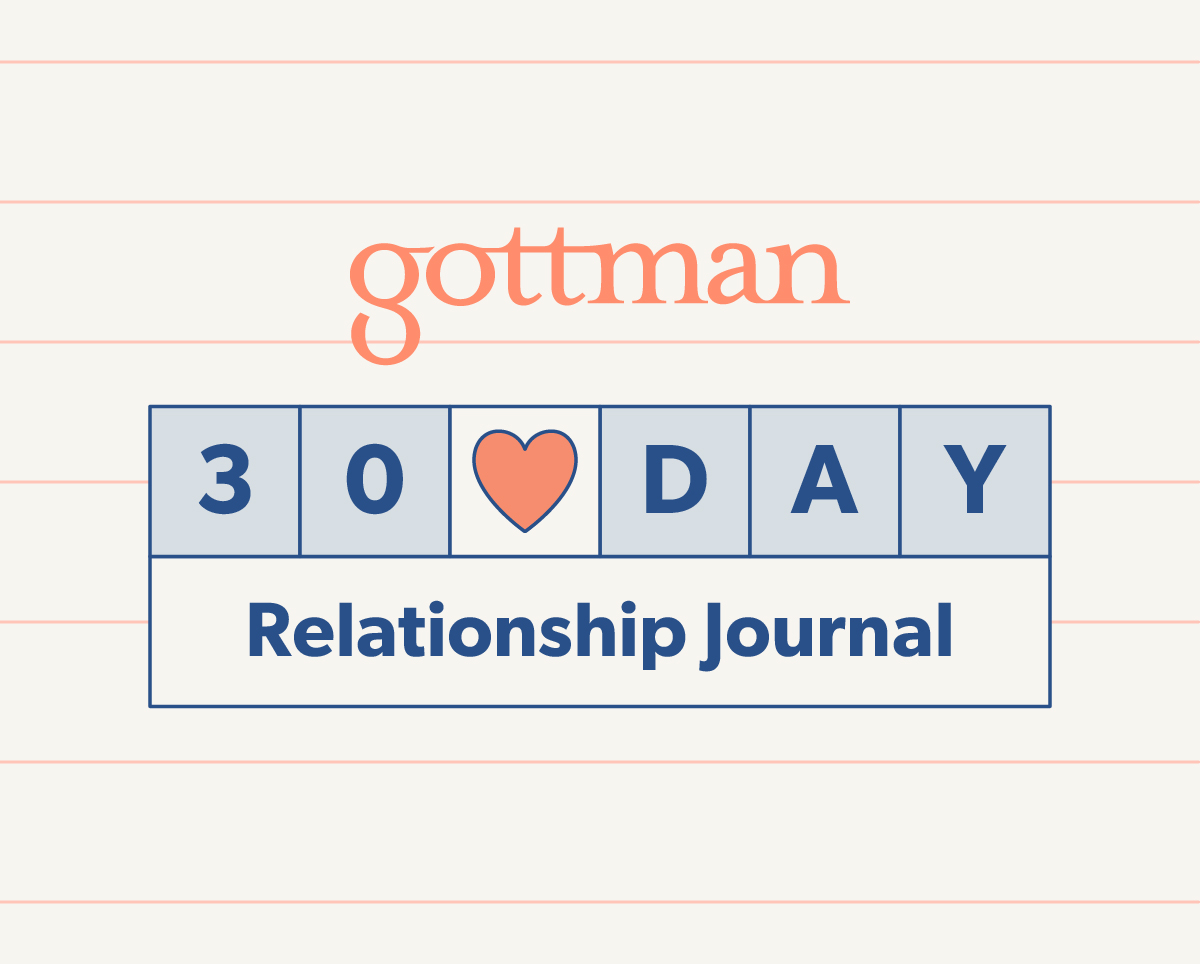I tiptoed downstairs to the bathroom, careful not to wake my live-in partner. Finally, the unshed tears burst through the dam and I simply sobbed. I was trying SO hard to fix our relationship. All by myself.
Does this sound familiar? If so, you are not alone. The couples I work with continually ask, “My partner refuses to communicate – what do I do with that?” “Can I save this relationship alone?” It’s so painful to be the one who is always pursuing – asking to talk about the relationship, suggesting romantic dates, even begging for attention and wondering if your partner loves you at all.
Now I have a sensitive question to ask you about the story in your head that insists “my partner doesn’t love me or care about our relationship”. Are you certain it is true?
We are all story making machines. The negativity bias is the tendency of the mind to search for what is wrong or missing while ignoring the positive. While this is a great skill when you are an African safari guide navigating a deadly environment it can create an unrealistically negative perspective about something as complex as your love relationship. So when tackling this painful topic, it’s important to realize your mind (and heart) may need some help seeing the big picture.
I talk here about why your partner may be avoiding relationship work and what to do about it. Heads up – the answers might surprise you.
Why Some Partners Refuse to Work on the Relationship
-
Your partner may be fairly happy as things are
We all have different needs. Your partner may be baffled by your discontent and pain and unsure why you are seeking more than what the two of you already have. From their perspective, things are “fine”. And to be fair, for them, things ARE fine.
-
Your partner may be conflict avoidant
This isn’t because they don’t care, but because they are afraid of the monsters under the bed. Many people avoid conversations that begin with “Honey, we need to talk” and run in terror from couples therapy precisely because they fear your problems will get worse if you talk about them. They hope if they ignore this huge problem it might just go away.
-
Your partner may feel paralyzed
They are also unhappy, they know your relationship is in trouble, but they have no idea how to fix it. They may feel as though you will tell them they are the problem and they need to change or else. And change is a scary word for a lot of us.
-
Your partner may be overwhelmed by external factors
It may have nothing to do with you or the relationship. Maybe they are worried about work, finances, or an ailing parent and are trying to keep their head above the water. Their apparent lack of interest may mean they simply lack the emotional resilience to tackle one more thing.
-
Your partner may have emotionally withdrawn from you
It may be due to their own broken trust, resentment, hurt or anger. In the video I speak about a woman who tried for years to reach out and improve her relationship – until she finally gave up. Her spouse is now desperate to fix things but for her it feels too late so she won’t engage.
How to Approach your Partner more Effectively
- Create a vision for the future by focusing on the positive aspects of your relationship before you address your concerns. You might say “honey, I loved how much fun and connection we had when we met. And I cherish the life and family we are building. Yet I feel that we are so busy with life and kids and work we are not doing well as a couple. And I want us to move forward with more love and passion and fun. Can we talk about this and see what changes we can make?”
- Approach relationship conversations with care As you know from your Gottman work, it is vital to use a softened start up when you approach tough conversations. Beware of criticism, blame and shame – if your partner feels attacked they are not going to hear the real pain under your complaints.
- Set healthy boundaries for yourself, but don’t issue ultimatums. “I am unhappy and scared about our future and I really need us to look at this together” is fair, but if you say “I’m miserable, we aren’t working, I can’t do this any more – you have to come to therapy” you’ve shut down the possibility to address the issues productively and no doubt created anxiety and resistance in your partner
- Your partner is Not Wrong, Just Different As tough as this is – it took for me to be sobbing in the downstairs bathroom to figure this out – you cannot force your partner to participate in your relationship improvement campaign. Accepting your partner’s choices does not mean you are giving up. It means you are striving to understand the person you love.
What Can You Do Next?
-
You can’t change your partner but you can change yourself.
It is far from ideal, but if at this time your partner flatly refuses to participate in working on the relationship, you can still positively influence the relationship on your own. You can work on your communication skills and this may help your partner feel less defensive and more open to conversation. You can plan a fun getaway just for the two of you. Now to be clear, I am not suggesting you simply accept the relationship as is or give up on asking your spouse to participate! This strategy is to give you agency so you can begin to work on what you can control.
-
Take a good look at your expectations
.Your emotional and relational needs matter. But are you expecting your partner to meet all of your needs? To be your lover, best friend, coparent, playmate, financial adviser and to also enjoy all the same hobbies, travel destinations and reality TV shows you do? This is an unrealistic and very recent (in terms of human history) expectation of modern romantic love. No one person can be all that for you; there is no soulmate. What are your core needs within your romantic relationship? Focus on those needs first. Which needs can you meet through your social circles?
-
Seek outside help for the two of you.
Find a skilled couples therapist. Take a relationship course. Learn more about why relationships succeed or fail and what key skills to work on. Continue to seek science based knowledge. It will reassure you to know you are normal if you feel your relationship is running more like a business than a love affair … and learn how to slowly recreate your connection.
- Relationships are hard. Falling in love is easy, but staying in love takes effort. But I want to leave you with a sense of hope. All relationships go through phases, ups and downs, evolutions and backslides. A great deal of research and clinical findings proves that even couples on the brink of break up or divorce can reinvent themselves and create a more fulfilling relationship, together. If your own single minded determination to improve is the catalyst that eventually moves the the two of you toward your next, more loving happy phase, then it is worth all the courage and effort you are putting into it.








